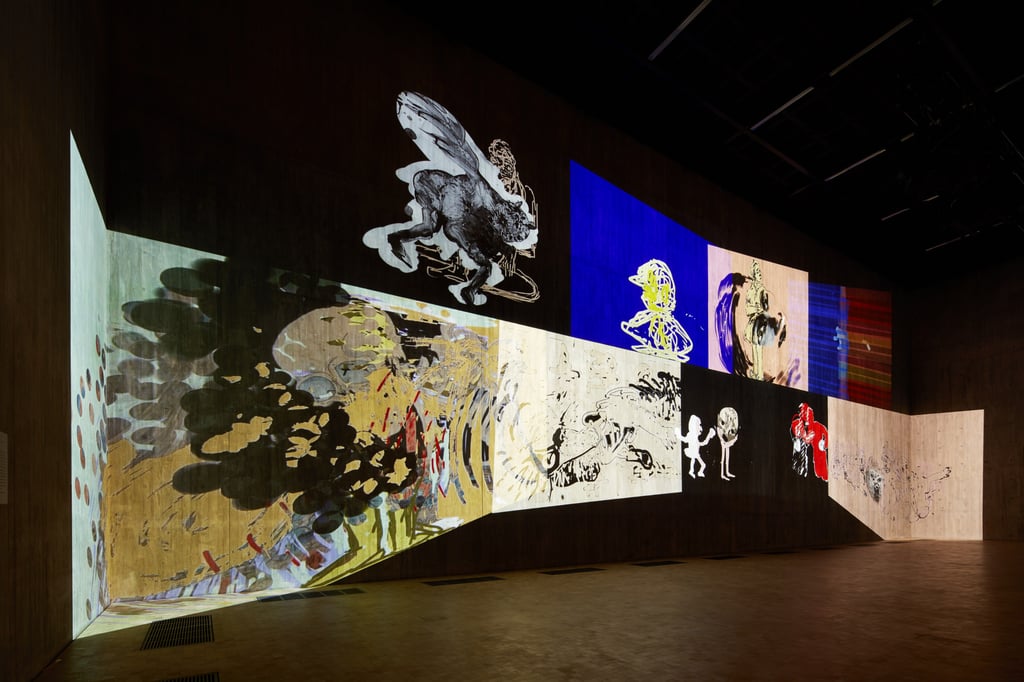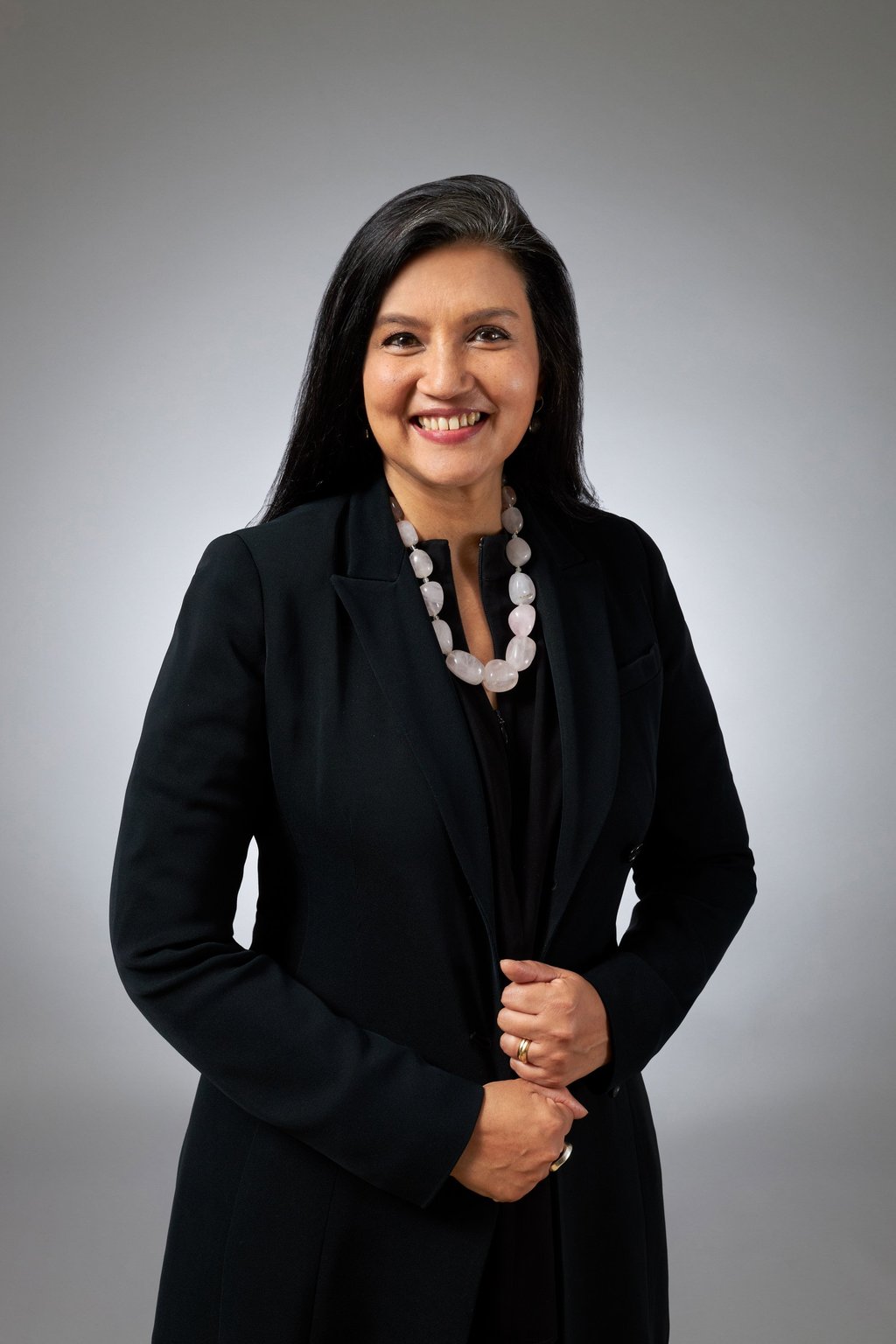Hong Kong’s take on MoMA? M+ museum, six months on – the city’s only global visual culture hub might have taken Covid-19 knocks, but presents a unique art destination for local visitors

- M+ shows rarely seen pieces like Marcel Duchamp’s La Boîte-en-valise and the works of moving image pioneer Nalini Malani – but has only been truly open for 11 weeks due to restrictions
- Few international tourists visited the West Kowloon Cultural District site, but locals have enjoyed the museum, which has been likened to London’s Tate Modern and New York’s MoMA
These numbers, for Doryun Chong, deputy director, curatorial, and chief curator, is affirmation of the impact made.
“Essentially, 99.9 per cent of visitors have been Hong Kong residents, who immediately embraced the institution,” he said. “In Hong Kong they have never seen anything like it, and those visitors who have been to other major metropolitan museums, like London’s Tate Modern, or New York’s MoMA (Museum of Modern Art), are proud that their home city has a museum of the same calibre.”

In addition, Chong said that the opening represents “a whole new arts and culture ecology, that has grown exponentially, in a very rich way”.
This is a viewpoint shared by museum director Suhanya Raffel: “M+ has added substantially to Hong Kong’s arts and cultural ecology. We are one voice of many, but we are a very substantial voice. For the first time in Hong Kong, we have a global museum. It is about taking Hong Kong to the international world and bringing the rest of the world into Hong Kong. It’s a very important role that we play in terms of the positioning.”
That M+ is unique in Hong Kong is also of significance, stemming from the fact that it is a museum of visual culture, representing a variety of art forms under one roof, including art, design, architecture and moving image. “There is no institution like this in Asia,” Raffel said.

Playing such a significant role is something that the team takes very seriously.
“Our curators across the exhibitions, collections and learning spaces are all scholars, specialists and leaders in their own right in that space,” Raffel said. The diversity of the team is also of note, with 27 nationalities represented.
Also playing a significant role is the diverse selection on display throughout the museum.